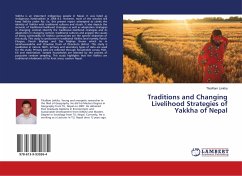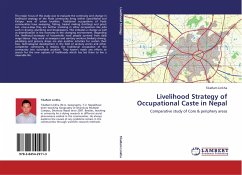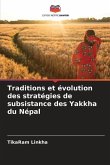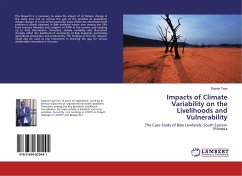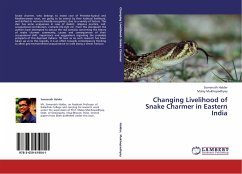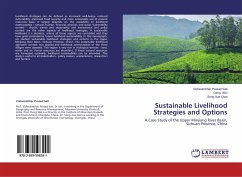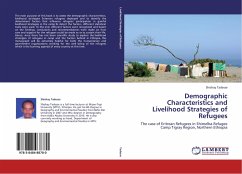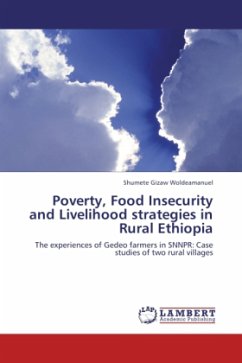Yakkha is an important indigenous people in Nepal. It was listed as 'Indigenous Nationalities' in 2058 B.S. However, most of the scholars still keep Yakkha under Rai. So, this present report attempted to clarify the identity of Yakkha with traditional cultures and rituals. It also depicts the scenario of traditional livelihood strategies as well as adaptation strategies in changing context. Identify the traditional livelihood strategies and its adaptation in changing context, traditional cultures and analyze the causes of being vulnerability of Yakkha communities are the specific objectives of this study. This study is conducted in traditional Yakkha land namely; Panch Khapan, Panch Majhiya and Das Majhiya thums which lie in Sankhuwasabha and Chaubise thum of Dhankuta district. This study is qualitative in nature. Both, primary and secondary types of data are used for this study. Primary data are collected through households' survey, FGD, KII and observation. Sample households are selected by the process of purposive random sampling. This study highlights that the Yakkha are traditional inhabitants of far Kirat areas, eastern Nepal.

